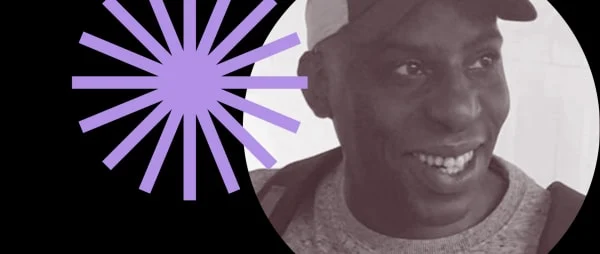A year after the death of Oladeji Omishore, killed after being tasered by a Metropolitan Police Officer, his family are calling for answers from Scotland Yard and the police inspectorate.
Omishore, known as Deji, was experiencing a mental health crisis when he was tasered on Chelsea Bridge. The 41 year old died after falling in the Thames after contact with the police officer. The Independent Office for Police Conduct (IOPC) are conducting an investigation, as is undertaken in the event of any death after contact with the police, but an inquest has not yet taken place.
The IOPC has so far ruled out any disciplinary action against Met officers involved, although Deji’s family has recently learned that two officers involved are now subject to a separate investigation by the body. This investigation concerns their potential failure to cooperate fully with the investigation into Omishore’s death.
The family are bringing a legal case against the IOPC for their decision not to hold a criminal or misconduct investigation, which would include examining the officer’s decision to treat Omishore as ‘aggressive’ while he was in a mental health crisis. The IOPC deny there is any case for the officers involved to answer to, though the family are questioning why the body appears to take more seriously the officers’ failure to cooperate with the investigation than it does their actions towards a vulnerable Black man who died on the day in question.
This comes amid widespread criticism of police force’s ability to effectively police themselves, including vetting prospective officers and disciplining those who fall below the standards expected. A solicitor representing the family in their legal challenge has criticised ‘a lack of critical curiosity’ about what happened on Chelsea Bridge and this incident’s relationship to ‘systemic issues’ within the Met and wider policing.
Omishore’s family are awaiting a listing in the High Court in which they could challenge the IOPC’s investigation. In a joint statement they said: ‘The anniversary of Oladeji’s passing serves a painful reminder of the profound impact his death has had on our lives. Our grief is compounded by the fact that our loved one’s life was cut short, and we continue to grapple with unanswered questions surrounding the circumstances that led to this tragic event.’
They continue that they welcome the decision of the Met Police last week to not send officers to emergency calls involving individuals experiencing mental health crises, saying ‘we recognise the need for specialised responses to individuals experiencing mental health crises, especially among vulnerable black men’.
Director of charity INQUEST, who are supporting the family, said: ‘While the conversation around policing and mental health shifts, the family of Oladeji Omishore are still left waiting for answers and change. Delay, denial and defensiveness from police and the investigation system frustrates opportunities for change.’







